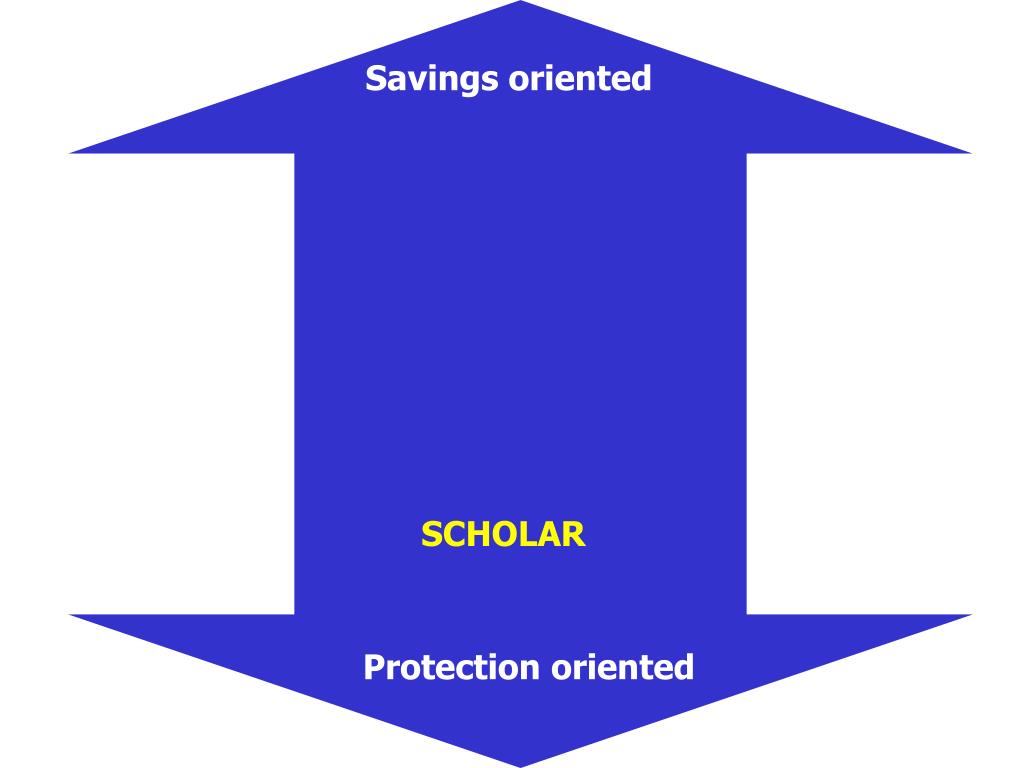

SBA clarified eligibility requirements for sole-source awards under the 8(a) Program. § 124.504 to make clear that contracting officers must receive SBA’s approval prior to releasing any follow-on procurement from the 8(a) BD Program. In addition to the definition, the regulation amended 13 C.F.R. Conversely, if the requirement satisfies none of these conditions, it is considered a follow-on procurement. In particular, the 25 percent rule cannot be applied rigidly in all cases. However, meeting any one of these conditions is not dispositive that a requirement is new. As a general guide, if the procurement satisfies at least one of these three conditions, it may be considered a new requirement. The determination of whether a particular requirement or contract is a follow-on includes consideration of whether the scope has changed significantly, requiring meaningful different types of work or different capabilities whether the magnitude or value of the requirement has changed by at least 25 percent for equivalent periods of performance and whether the end user of the requirement has changed.

In order to address the uncertainty, SBA added a multi-part definition to the regulations explaining follow-on requirements or contracts: § 124.504(d)(1), “where a procurement is awarded as an 8(a) contract, its follow-on or renewable acquisition must remain in the 8(a) BD program unless SBA agrees to release it for non-8(a) competition.” Despite this language, there was confusion as to what exactly qualified as a follow-on contract. SBA also clarified what counts as a follow-on contract for purposes of the 8(a) Program. Given the time and expense of an OHA appeal, applicants will likely view the 90-day reconsideration period as a welcome change. Unsuccessful applicants must now forego the previously-available reconsideration process, which involved appealing the determination to the SBA’s Office of Hearings and Appeals (OHA). SBA explained that the “change will reduce the number of appeals to and greatly reduce the costs associated with appeals borne by disappointed applicants.” The reduction does come with a tradeoff, however. Now, that timeframe has been cut to 90 days. Previously, unsuccessful applicants had to wait 12 months from the date of a final agency decision to reapply for admission into the Program. One of the most significant changes to the 8(a) Program involves reducing the waiting period for applicants reapplying to the Program.

Each of these changes appears in the Final Rule covering Consolidation of Mentor-Protégé Programs and Other Government Contracting Amendments (85 FR 66146-01, 2020-19428.pdf ()), and the Federal Regulations ( 13 C.F.R. As with consolidation, most of the changes-including those discussed below-are intended to reduce burden on small businesses and streamline the 8(a) Program.Īt a practical level, the most impactful changes for current and future 8(a) Program participants concern the revised reapplication period follow-on contracts and sole-source awards the immediate family member rule and changes in ownership. Beyond consolidating the programs, SBA also made a host of additional changes to the 8(a) Program, almost all of which took effect on November 16, 2020. In a previous blog post, we covered the Small Business Administration’s (SBA) consolidation of the 8(a) Business Development (BD) Mentor-Protégé Program and the All Small Mentor-Protégé Program.


 0 kommentar(er)
0 kommentar(er)
